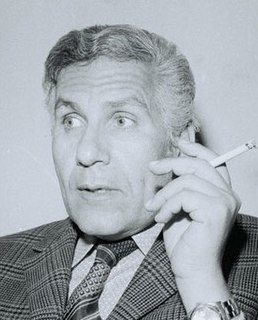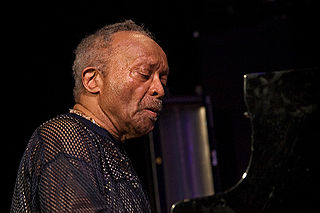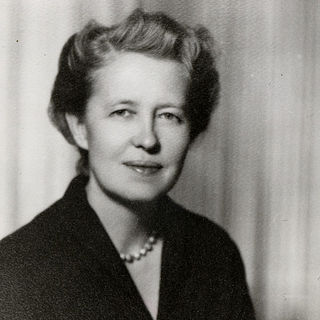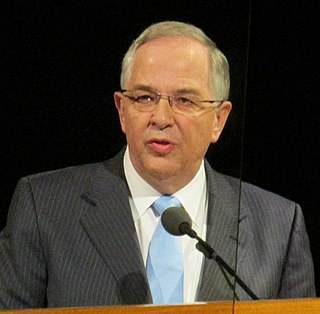A Quote by Rithy Panh
Evil has always been there; it's always a part of us. Evil is no big surprise. But what about the people who gave freely, who stood up for human dignity? Even in the most extreme and terrible situations, these acts of dignity existed. And for me, that is the banality of good.
Related Quotes
... In contrast to the "banality of evil," which posits that ordinary people can be responsible for the most despicable acts of cruelty and degradation of their fellows, I posit the "banality of heroism," which unfurls the banner of the heroic Everyman and Everywoman who heed the call to service to humanity when their time comes to act. When that bell rings, they will know that it rings for them. It sounds a call to uphold what is best in human nature that rises above the powerful pressures of Situation and System as the profound assertion of human dignity opposing evil.
For us democracy is a question of human dignity. And human dignity is political freedom, the right to freely express opinion and the right to be allowed to criticise and form opinions. Human dignity is the right to health, work, education and social welfare. Human dignity is the right and the practical possibility to shape the future with others. These rights, the rights of democracy, are not reserved for a select group within society, they are the rights of all the people.
I'm saying that people who are enmeshed in situations of subjugation and have to live, have to find ways to project their dignity as human beings - in spite of all the efforts of those around them to degrade them - I'm saying that this music is the manifestation of the dignity in the life that has always been present.
When one has once accepted and absorbed Evil, it no longer demands the unfitness of the means. The ulterior motives with which youabsorb and assimilate Evil are not your own but those of Evil.... Evil is whatever distracts. Evil knows of the Good, but Good does not know of Evil. Knowledge of oneself is something only Evil has. One means that Evil has is the dialogue.... One cannot pay Evil in installments--and one always keeps on trying to.
As we have come to understand the psychology of evil, we have realized that such transformations of human character are not as rare as we would like to believe. Historical inquiry and behavioral science have demonstrated the "banality of evil" -- that is, under certain conditions and social pressures, ordinary people can commit acts that would otherwise be unthinkable.
You cannot be naïve about evil. You cannot be naïve to the reality that there are human beings and human situations which have totally identified with the dark side of reality. They are malicious. Realism teaches you to put up appropriate boundaries so that people can't do any more evil than possible. But that doesn't mean you do evil back to them.
I think of moral beauty as what is the good and the just - terms perhaps best defined by their opposite: evil. Evil is the willingness to do damage to the other; its maximal expression is murder, but it includes a great deal of subtle and not-so-subtle injuries as it advances to that extreme. Evil acts reduce the other to an object, a being to its component parts, and obliterate subjectivity. Evil's breeding ground is a lack of empathy.
There's always the same amount of good luck and bad luck in the world. If one person doesn't get the bad luck, somebody else will have to get it in their place. There's always the same amount of good and evil, too. We can't eradicate evil, we can only evict it, force it to move across town. And when evil moves, some good always goes with it. But we can never alter the ratio of good to evil. All we can do is keep things stirred up so neither good nor evil solidifies. That's when things get scary. Life is like a stew, you have to stir it frequently, or all the scum rises to the top.
We can work, study, laugh and have fun, dance, sing, and enjoy many different experiences. These are a wonderful part of life, but they are not central to why we are here. The opportunity to choose good over evil is precisely why we are here. Not one of us would say, "I want to choose evil." We all want to choose the right. However, the choice of good over evil is not always easy, because evil frequently lurks behind smiling eyes.





































